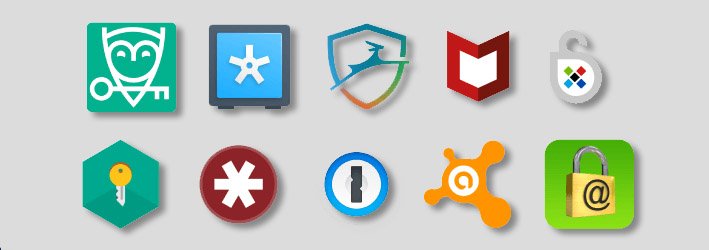
Securing your passwords is the first step to ensuring the security of the data in your accounts. This is especially important with phishing scams becoming more prevalent, and data breaches growing by the day.
Although websites have raised the bar when it comes to the password you can use, most of us are still guilty of using Skywalker77 or repeating passwords across multiple sites. Ensuring these passwords are also safe is another task.
Here are a few tips to help keep your password safe.
It all starts with a Strong Password
The first step of securing your passwords is by making them strong. This is because when they are simple or just words, they can be easily cracked by either clued guesswork, or through brute force. According to research by U.K.’s National Cyber Security Center (NCSC), 23.2 million accounts globally are still using “123456.”
To create a secure password, you need to use a phrase (not a word) that doesn’t make sense, or only has meaning to you. The password needs to be at least eight characters long, and it should have:
· Lowercase letters
· Uppercase letters
· Numbers
· Special characters (symbols)
Such a password can be difficult to remember, but it can be sorted out by the next tip.
Use a Password Manager
Using a password manager is of the most recommended methods of keeping your passwords safe. Such a tool acts as a centralized hub for storing passwords, and it even helps you generate stronger and randomized alternatives. To use these passwords, you only need to remember the master password for your password manager.

The program will even go ahead and autofill passwords for you. However, you will be trusting the company with your sensitive data, and so it’s advisable to go for one of the best password managers.
Avoid Recycling Passwords
Even with a strong password, one of the biggest and most common mistakes people make is reusing a password across several accounts. There have been many hacks in recent years that have compromised lots of email addresses and passwords. The worst thing is that these hackers usually post these details online, and almost anyone can access them.
If you have used your email address with the same password across multiple sites, all a person needs is to do trial and error. It is therefore advisable to use unique passwords for everything. A password manager can help you remember them.
Use Multi-Factor Authentication (MFA)
Using multi-factor authentication is one of the best password practices. The technique ensures that even when your password falls into the wrong hands, it still won’t be enough for a person to access your accounts.
Two-factor authentication (2FA) is quite effective and is the most popular technique of MFA. It works by sending a special code to either your phone number or email address after entering your password. You can also use an authentication app like Google Authenticator and activate it across multiple sites. Most websites allow you to enable 2FA.
Prevent Exposure to other parties
This may sound trivial, but we at times keep our passwords exposed to other people, sometimes without even knowing it. For example, if you don’t lock your phone, you are exposing your passwords. Chances are your browser autofills these passwords, and so all a person need to do is access the device.
Some of us even write passwords down – whether on a piece of paper or on your device’s sticky notes/ notepad. Remember that if someone else can access your passwords (even a close person), then they are not secure.